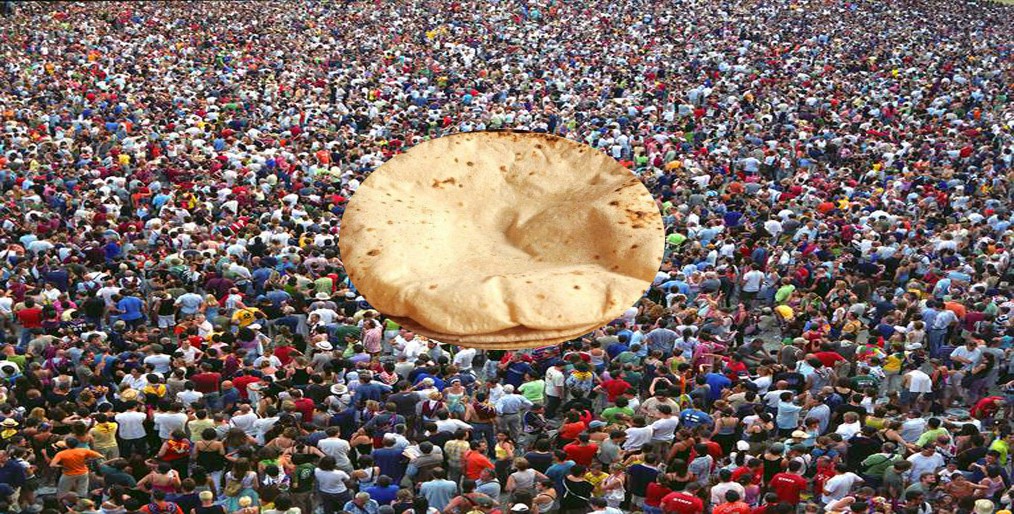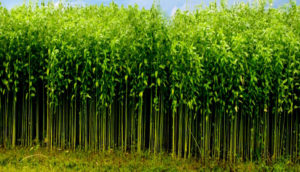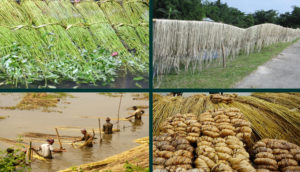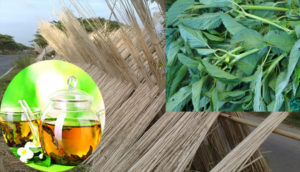
[caption id="attachment_1110" align="aligncenter" width="602"] File Picture[/caption]
Desk Report: Jute is one of the cheapest natural fibers and in addition, after cotton, the most widely used. The plant from which jute is obtained occurs mainly in hot, humid areas as Bangladesh, China and India.
In the time it takes you to read this, millions of plastic bags are produced. And then we do not even know about the amount of oil that is needed. An Environmental Protection Agency (EPA) survey from 2008 showed that only 6.8% of all plastic waste recycled. But what happens with the other 93.2%?
File Picture[/caption]
Desk Report: Jute is one of the cheapest natural fibers and in addition, after cotton, the most widely used. The plant from which jute is obtained occurs mainly in hot, humid areas as Bangladesh, China and India.
In the time it takes you to read this, millions of plastic bags are produced. And then we do not even know about the amount of oil that is needed. An Environmental Protection Agency (EPA) survey from 2008 showed that only 6.8% of all plastic waste recycled. But what happens with the other 93.2%? Wastewater in oceans and seas consists of 80% plastic. This is a major threat to the animals in the sea. Many turtles mix up jellyfish with plastic bags and eat them. Birds and fishes get into particles or hit the plastic (deadly). The garbage doesn’t clean up itself; before polyethylene (plastic) is biodegradable, we are about 1,000 years further. Several agencies have already stated that thin plastic bags should be banned immediately. Fortunately, some governments also see the seriousness of this problem.
In China, around 3 billion plastic bags were used today. The garbage bins in China began to look like white mountains because of all the plastic waste. Therefore, the Chinese government has taken measures to remove plastic bags. In addition to China, governments of Australia, Bangladesh, Ireland, Kenya, Uganda, Rwanda, Taiwan, South Africa and some cities in the United States (including San Francisco) have also taken measures to successfully reduce the use of plastic bags.
Wastewater in oceans and seas consists of 80% plastic. This is a major threat to the animals in the sea. Many turtles mix up jellyfish with plastic bags and eat them. Birds and fishes get into particles or hit the plastic (deadly). The garbage doesn’t clean up itself; before polyethylene (plastic) is biodegradable, we are about 1,000 years further. Several agencies have already stated that thin plastic bags should be banned immediately. Fortunately, some governments also see the seriousness of this problem.
In China, around 3 billion plastic bags were used today. The garbage bins in China began to look like white mountains because of all the plastic waste. Therefore, the Chinese government has taken measures to remove plastic bags. In addition to China, governments of Australia, Bangladesh, Ireland, Kenya, Uganda, Rwanda, Taiwan, South Africa and some cities in the United States (including San Francisco) have also taken measures to successfully reduce the use of plastic bags. Jute, like bamboo, is a natural fiber that grows cleanly, quickly and can be woven into a durable material. Jute is affordable and strong and a research said this plant fiber and come up with 10 benefits of jute.
12 Benefits of Jute
Jute, like bamboo, is a natural fiber that grows cleanly, quickly and can be woven into a durable material. Jute is affordable and strong and a research said this plant fiber and come up with 10 benefits of jute.
12 Benefits of Jute
Comment Now